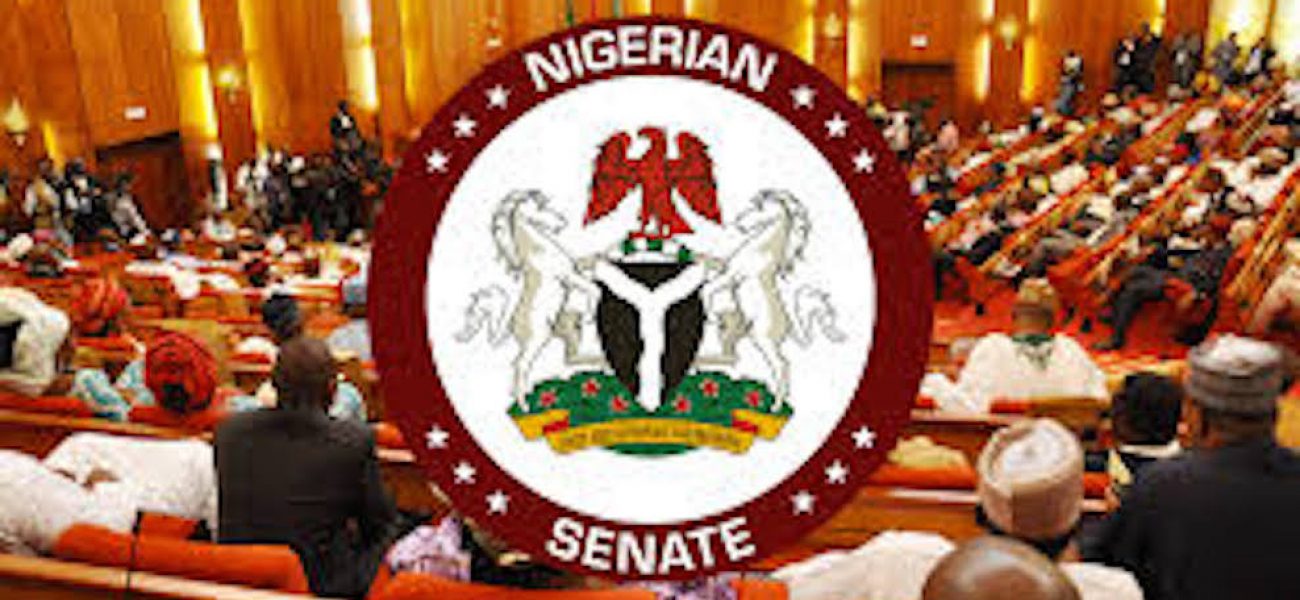The Senate on Tuesday, 12th October recommitted its version of the Electoral Bill to plenary and approved new provisions, replacing its initial conditional provision of electronic transmission of election results. Clause 52 of the version of the bill that it earlier passed had subjected the Independent National Electoral Commission (INEC) to first seeking confirmation of the Nigerian Communications Commission (NCC) that it has adequate and secure capacity for e-transmission of election results, with the added requirement that this must be approved by the National Assembly. Specifically, clause 52 had provided in sub-clause 3 that:
“The Commission may consider electronic transmission of results provided that the national coverage is adjudged to be adequate and secured by the Nigerian Communications Commission (NCC) and approved by the National Assembly.”
This clause was widely criticised across the country by citizens and electoral stakeholders who felt that the National Assembly was seeking to hinder INEC’s constitutionally guaranteed independence. Sub-clause 3 has however now been deleted in the recommittal of the Senate bill. The new amendment has now given INEC powers to determine the procedure for voting at elections and transmission of results. It modified the previous clause 2 in the Senate version of the bill to provide as follows:
“Subject to section 63 of this Bill, voting at an election and transmission of results under this Bill shall be in accordance with the procedure determined by the Commission.”
It is however instructive to note that the recommitted bill substitutes the word “transmit” in clause 63 (5) with the word “transfer”. According to the Senate, this is also to enable physical transmission of results. It is unclear at this time which of the two versions of clause 63 (5) in the Senate and the House, the harmonisation committee will accept.
Other new amendments made by the Senate to its version of the bill are as follows:
Clause 43: Insertion of “Electronic Voting Machine” in subsections (1) and (3).
Clause 87:
- Amendment to subsection (1) by substituting with a new subsection which reads “A political party seeking to nominate candidates for elections under this Bill shall hold direct primaries for aspirants to all elective positions, which shall be monitored by the Commission.”
- Insertion of a new subsection (3) which reads “the procedure for the nomination of candidates by political parties for various elective positions by direct primaries shall ensure that all aspirants are given equal opportunities of being voted for by members of the party and given opportunity to have agents for the purpose of monitoring the primaries.”
- Insertion of a new subsection (4) which reads “The procedure adopted for the direct primaries shall be spelt out in a guideline to be issued by the political party and filed with the Commission at least 14 days before the primary election.”
- Insertion of a new subsection (5) which reads “A political party shall maintain register of its members and provide in the guideline for the conduct of the primaries that the register of its members shall be used for accreditation for the primaries.”
- Insertion of a new subsection (6) which reads, “The Commission shall deploy personnel to monitor the primaries in all the centers where the direct primaries are held.”
- Insertion of a new subsection (7) which reads “Every aspirant cleared by the party to contest at the primary shall be entitled to a copy of the guideline not later than 14 days before the conduct of the primaries.”
- Amendment to subsection (8) by deleting “High Court of a State of FCT”.
The provision of clause 87 on the mode of political party primaries was another point of divergence in the versions of the Electoral Bill passed by the two houses of the National Assembly. While the Senate had provided for both direct and indirect primaries, the House of Representatives provided for direct primaries. With the recommittal of the bill by the Senate, it has amended its version to provide for only direct primaries, as well.

